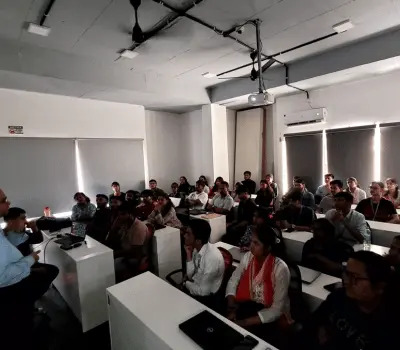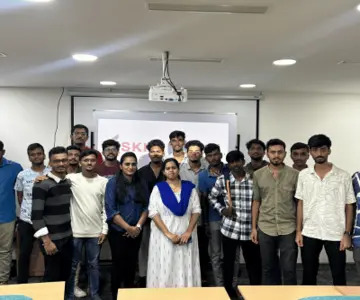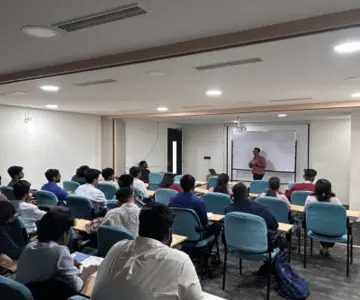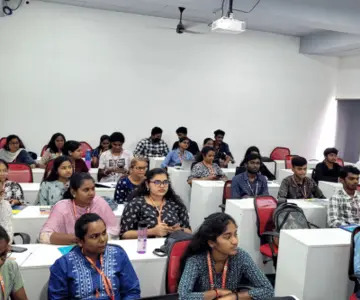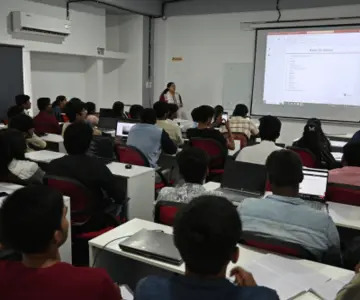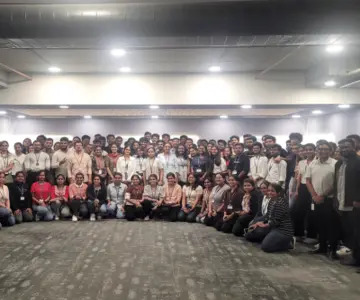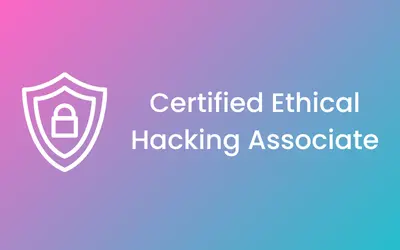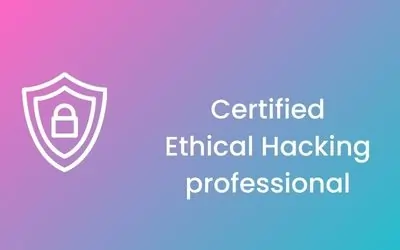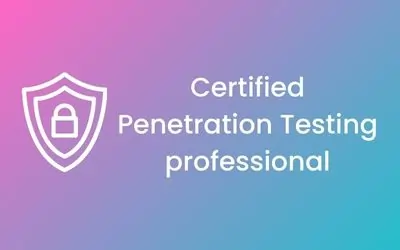CYBER SECURITY TRAINING IN NOIDA
-

-
(11999 Reviews)
-
Career Opportunities: Discover exciting job openings in Noida's cyber security field. Get ready for roles like security analyst or ethical hacker.
-
Key Skills for Success: Master essential skills such as network security, ethical hacking, and incident response to excel in the cyber security industry. Help protect companies from online dangers.
-
Practical Experience: Get valuable hands-on experience through internships with top companies. Build your expertise and confidence for a successful career in cyber security.















